A remote airport, built at a cost of $20 billion, is now facing a major problem as it’s sinking into the sea.
The overview of Kansai International Airport
The Kansai International Airport in Japan, a monumental $20 billion project, is facing a unique challenge as it slowly sinks into the sea.
This engineering marvel, built in Osaka Bay, highlights both innovation and foresight.
However, it has been sinking underwater for the past three decades.
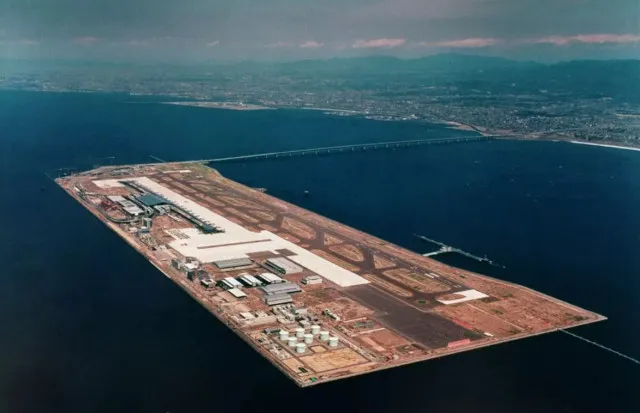
Designed as a solution to alleviate congestion at the Osaka International Airport, Kansai Airport stands on an artificial island named Kankūjima.
Divided into two terminals, it caters to both international and domestic flights, boasting the world’s longest airport terminal at 1.7 kilometers.
Terminal two serves local flights, offering a comprehensive aviation hub in the heart of Japan.
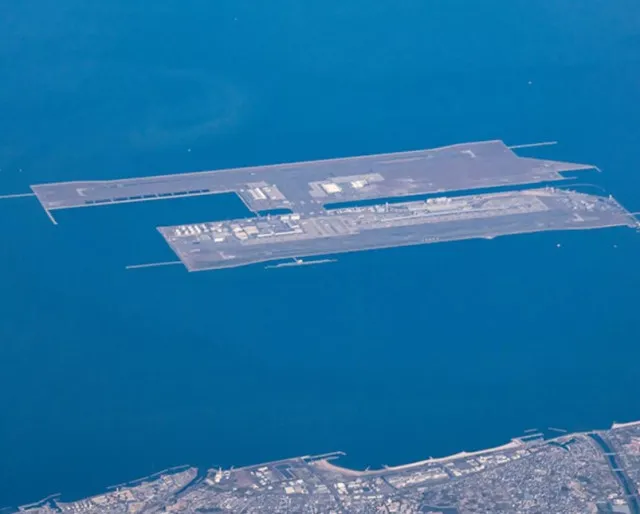
Geological challenges and ongoing concerns
Since its inauguration in 1994, the airport has witnessed a remarkable 38-foot descent due to unforeseen geological challenges.
Despite meticulous planning, the seabed was reinforced with clay to support the airport.
However, hidden sand pockets have continuously threatened its stability.
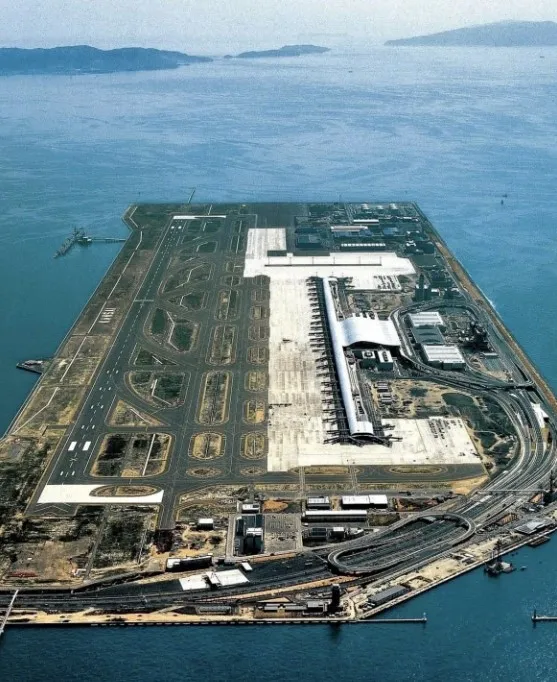
Engineers have spent significant amounts to strengthen the island with a seawall.
However, projections indicate it could sink another 13 feet by 2056 and face possible submersion by 2100.
Luxurious amenities and the importance of Kansai airport
The airport’s interior mirrors its grandeur, hosting a range of upscale shops such as Chanel, Hermes, and Cartier, alongside diverse dining options.
Kansai Airport is known for its luxurious amenities and is vital to Japan’s transportation network.
It accommodates 20 million passengers annually and handles one million tons of cargo.
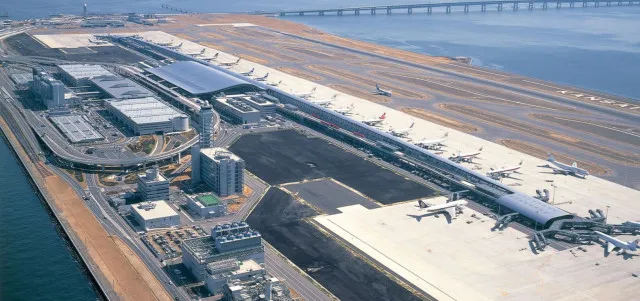
Despite its operational efficiency, the airport’s gradual submersion has drawn global attention.
Social media users are amazed by its ambitious construction in the middle of the ocean.
I thought this was floating in the sky lol, the third user joked.
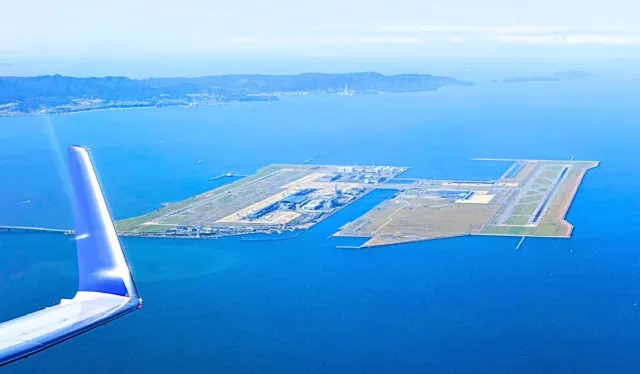
The impact of Typhoon Jebi on Kansai airport
Natural disasters, such as the devastating Typhoon Jebi in 2018, have revealed weaknesses in the airport’s defenses.
This has resulted in flooding and significant infrastructural damages.
Typhoon Jebi caused great damage and took lives. It also showed how the airport is vulnerable to severe weather.
The sea walls broke, leading to flooding that interrupted operations. This event showed the weak link between human progress and nature’s power.